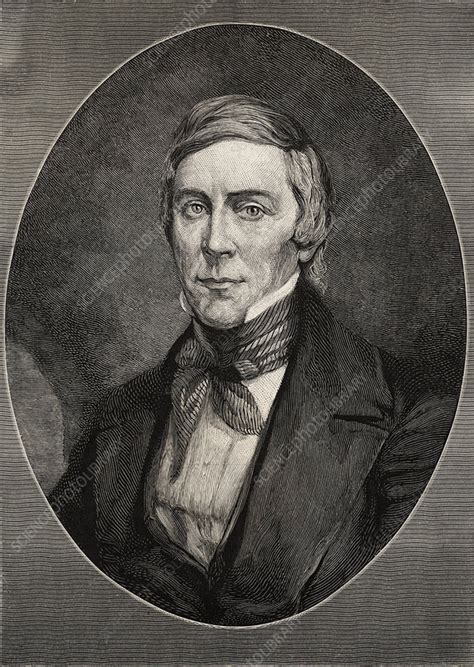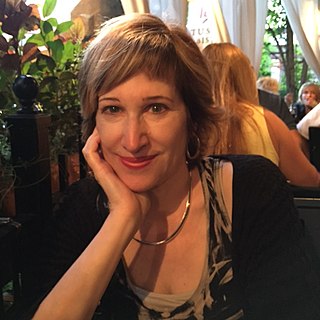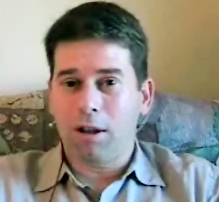A Quote by Kwame Anthony Appiah
The phrase 'academic freedom' is often used carelessly: here is a work that will allow a more careful conversation about those many crucial issues facing the academy, in which a well-worked out understanding of conceptions of academic freedom is, as its authors show, an essential tool.
Related Quotes
There's actually a wonderful quote from Stanley Fish, who is sometimes very polemical and with whom I don't always agree. He writes, "Freedom of speech is not an academic value. Accuracy of speech is an academic value; completeness of speech is an academic value; relevance of speech is an academic value. Each of these is directly related to the goal of academic inquiry: getting a matter of fact right."
While the universities are increasingly corporatized and militarized, their governing structures are becoming more authoritarian, faculty are being devalued as public intellectuals, students are viewed as clients, academic fields are treated as economic domains for providing credentials, and work place skills, and academic freedom is under assault.
Many faculty retreated into academic specializations and an arcane language that made them irrelevant to the task of defending the university as a public good, except for in some cases a very small audience. This has become more and more clear in the last few years as academics have become so insular, often unwilling or unable to defend the university as a public good, in spite of the widespread attacks on academic freedom, the role of the university as a democratic public sphere, and the increasing reduction of knowledge to a saleable commodity, and students to customers.
By academic freedom I understand the right to search for truth and to publish and teach what one holds to be true. This right implies also a duty: one must not conceal any part of what on has recognized to be true. It is evident that any restriction on academic freedom acts in such a way as to hamper the dissemination of knowledge among the people and thereby impedes national judgment and action.
On the question of women's sexual freedom or female independence, there are still issues that haven't been worked out. There's an aura of traditional gender roles that is not talked about that really permeates these conversations. There is this vacillation between a desire for independence and having the kinds of sexual freedom that men have and, on the other side, issues about female vulnerability and susceptibility to male aggression and violence. We need more honesty about the actual conditions in which sex is happening.
There are, however, many challenges to Asian universities. First, academic freedom, in all senses, is much more critical to the success of a university than how much money is spent on infrastructure or on hiring big names. Faculty need to have the space to pursue the research that they are passionate about and the also need to have the freedom to express their opinions in the university, and in the society as a whole.
"Freedom" is probably the word he said more than any other. He used the word freedom constantly. I think for some his frequent calls for freedom became a cliché because he did it so often. They didn't get it, but Reagan certainly did. He thought deeply about the relationship between God and human freedom and the nonrelationship between atheistic communism and that freedom.
For the academic the rhetorical sense of superiority through the possession of knowledge is essential for facing the daily grind, turning again to the otherwise boring article, braving the students who, fresh as each class may be, will still ask the same questions year after year. Psychological survival is not achieved without effort, and the environment must be managed, knocked about with one's elbows until it takes a shape comfortable to one's sense of self. This is not selfishness, for in reshaping the environment the academic is also reinvigorating the educational process.





































